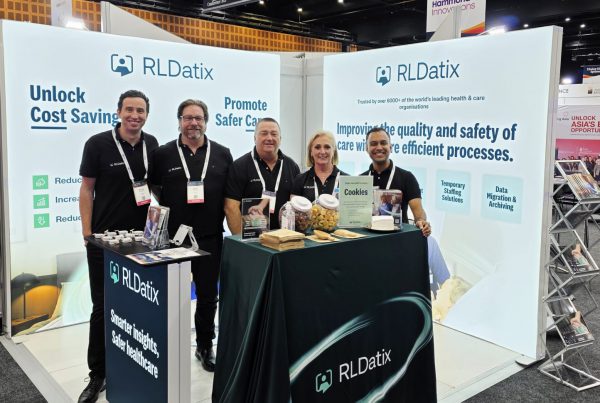A recent report looking at the impact of the new Aged Care Quality Standards revealed that 92% of aged care managers found their workload had increased, with 78% citing an increase in stress level (source).
The new Aged Care Quality Standards were introduced on 1 July last year, before the Royal Commission commences, aiming at providing a national standard on how our elder citizens should be cared for. Before the new standards were implemented, aged care workers had already expressed their concerns on how their working conditions can be negatively impacted.
One year on, the 8 new standards and more than 600 points of compliance have found the vast majority of surveyed aged care workers at exactly where they predicted – increased workload and stress level, with workers reporting that the extra paperwork has reduced the amount of direct care time they have for residents.
Over 80% of providers reported that they had to change their policies and procedures, the way they train staff and how they collect and report on data to meet the quality standards. COVID-19 has unfortunately added to the strain and required even more changes to happen – from updated risk plan, visitor screening and control, symptoms monitoring for staff and residents to absence management – all the while with no additional staff or funding, the survey results shouldn’t come as a surprise then.
Carers’ stress level directly impacts quality of care
Numerous studies have shown the correlation between the quality of care and work stress of the carers. Carers even rated the effect they had on residents’ lives as 8.2 out of 10 (source). Yet with such an overwhelming number of overstressed workers from the survey, it seems that the well-intended new standards might have brought a completely opposite outcome to the residents.
The chronic understaffing and widespread lack of skills in the aged care sector are among the many things the Royal Commission uncovered in the last 12 months of investigations. As we await the Commission’s final report to be delivered in February next year, with more changes expected to come, how can providers prepare themselves and their employees for the reform of our lifetime?
Leverage technology to relieve administrative tasks
A good place to start is by reviewing and streamlining the work process. Leverage technology where possible to relieve the administrative burdens from the staff. Implementing an e-rostering system for instance, can significantly reduce the time staff spent on rostering. With pre-defined personal patterns, skills levels, leave request, work hours etc, the process can also be automated to generate rosters that fit both the operational and employees’ needs.
A centralised and systematic rostering system helps to give provider a much better overview and record of when and where their staff are or who they have worked with, something that’s particularly useful in times like COVID-19 for identifying close contact, but would have required a lot of manual work without a proper system in place.
Having a rostering system that has award interpretation capability can also help relieve the administrative burden on payroll and eliminate human error. With the complexity of awards in the sector, this could be another huge time saver.
Not only will this help save employees’ time on administrative tasks, it also helps make the rostering process more transparent and efficient, which in turn enables staff to have better control of their working hours, thus achieving better work-life balance.
While technology can help with a lot of processes, one thing it cannot do is to provide direct care to the residents. And that is where the values of all aged care workers are, they are irreplaceable and keeping them happy is the key to providing better care.
At RLDatix we develop e-rostering solution that is specifically designed for the aged care and healthcare sector in Australia. We understand the challenging and ever-changing environment you are operating in, and are dedicated to helping your organisation provide the best worker experiences so that they can deliver the best care to your residents. Please get in touch if you would like to find out how our solution can help you in this challenging time.




